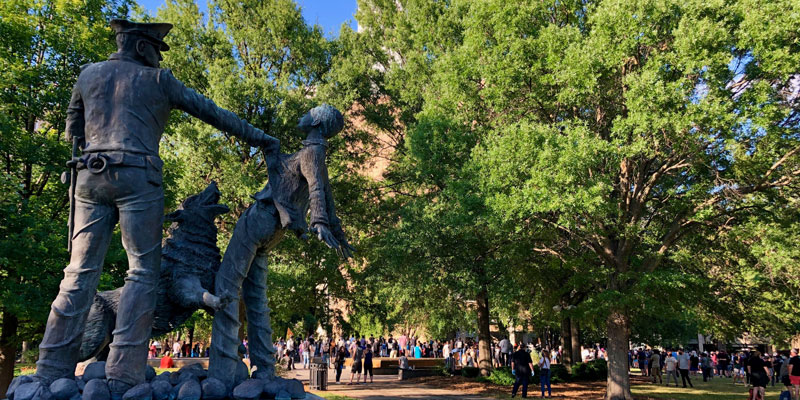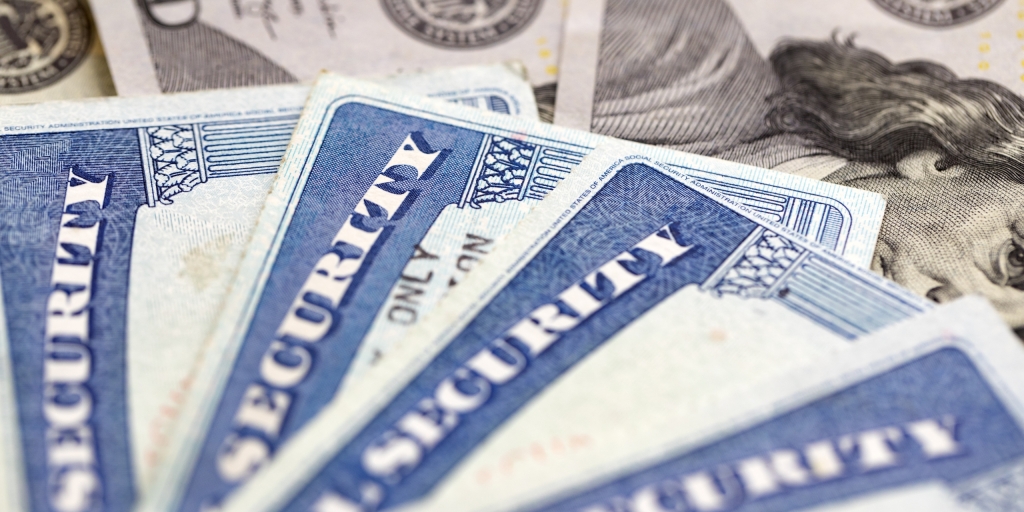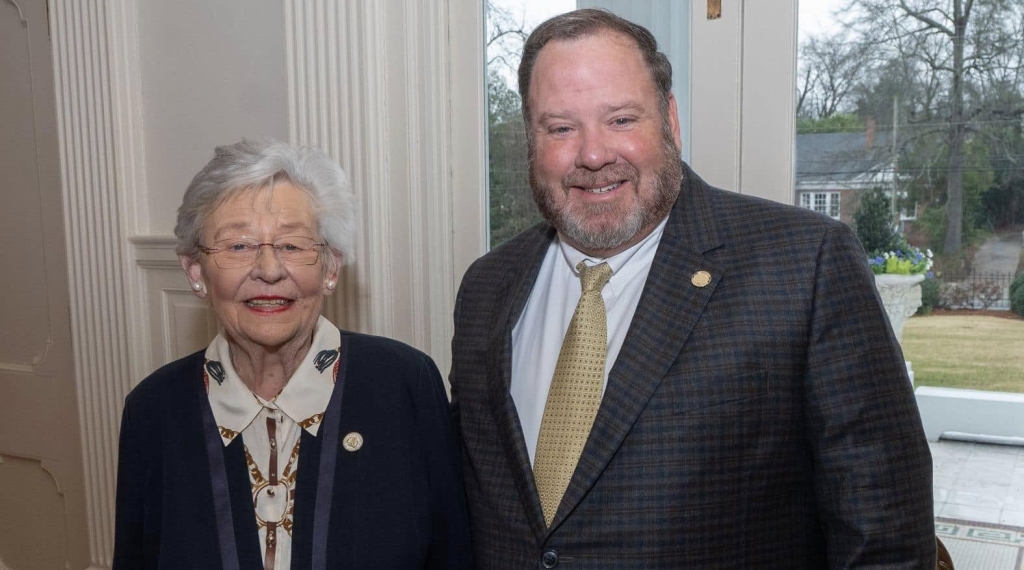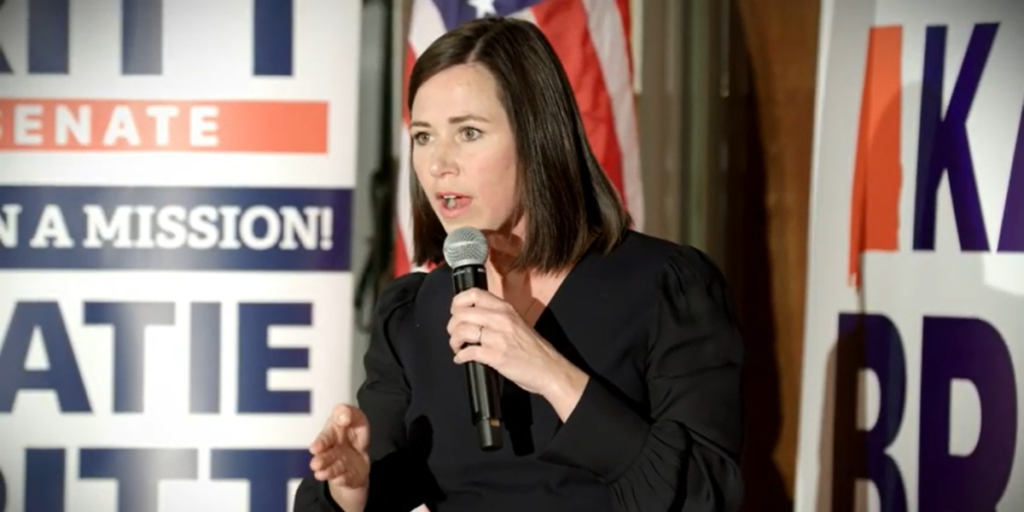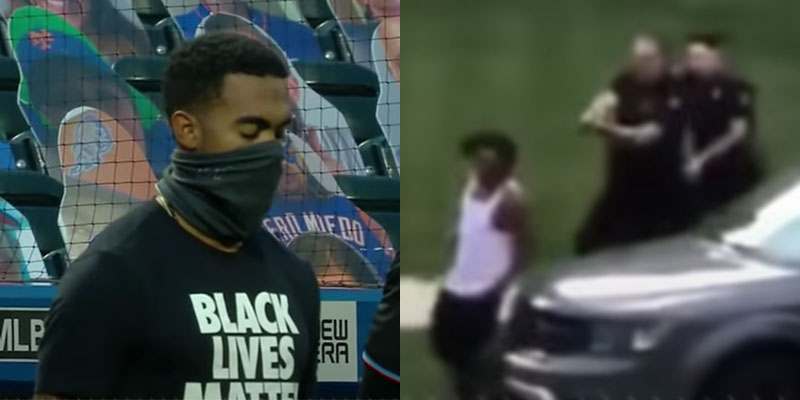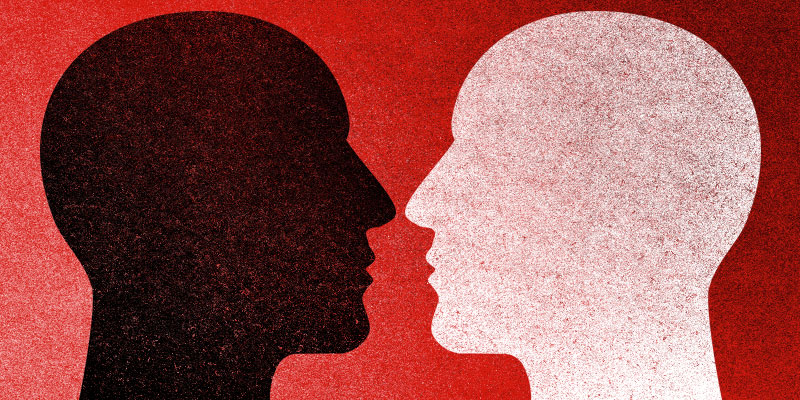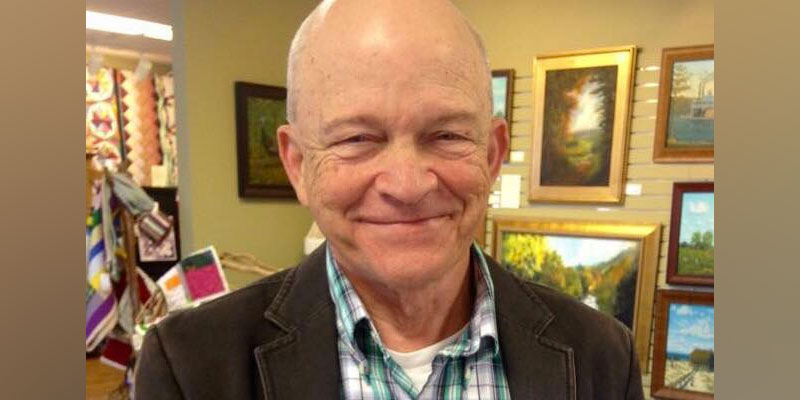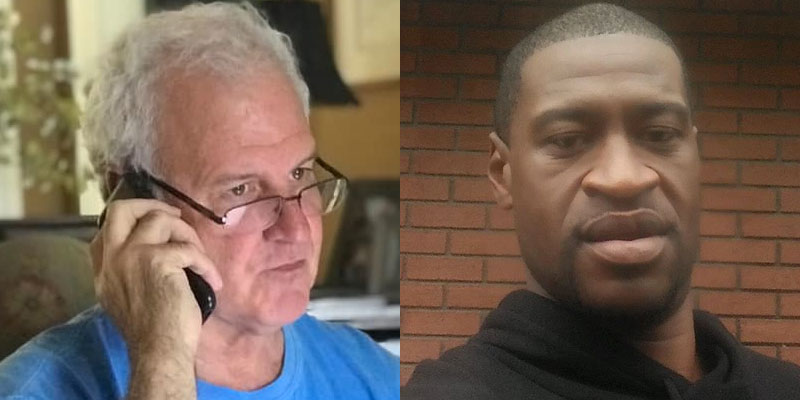I’m a white male from Birmingham, Alabama. It’s time we had a talk.
I’m 42 years old, born in 1978. I grew up both literally and figuratively in the shadows of the Civil Rights movement and was lucky enough to have two parents, both teachers, who took that as a unique opportunity to educate me about injustice and inequality rather than shelter me from it. But I’ve come to realize in recent weeks that not being the problem is not a solution.
Doing my part to truly impact change requires more than just not being racist myself. It requires me being vocally and vigilantly intolerant of racism anywhere and everywhere I encounter it. It requires all of us actively being part of the solution. I intend to be from this day forward where I may not have always been in days past.
I have three children, nine and seven-year-old daughters and a one-year-old son. Not once has it ever entered my mind that someday I would need to have “the talk” with them about racism, or about how to prepare for dangerous and even potentially life-threatening situations because of the color of their skin.
For anyone still wondering, THAT is white privilege (priv·i·lege: a special right, advantage, or immunity granted or available only to a particular person or group), an immunity society has given to me and my family because of the color of our skin. That is not ok.
The part that is not okay isn’t that I don’t have to have that talk with my kids, no one should. It’s that our black brothers and sisters do. It’s that their reality is different than mine, through no fault of their own, and just fixing that in my own home doesn’t fix it in others. It’s time to fix it everywhere, at every level, once and for all. It’s time we, white people, had our own version of “the talk.” And, because the reality we currently live in doesn’t require our talk to be about preparation, it must be about education. It should go something like this:
Repeat after me, “Black Lives Matter.” Good, now say it again. Yes, I know that all lives matter. Of course they do. But all lives have not been historically, systematically, repeatedly and consistently told that they don’t. Black lives have. For over 400 years, from the very origins of our country to the present day, black people have been made to feel as if they don’t matter as much as white people. Understanding that history is the only way to have the full context required to form an educated opinion about the current situation in our country.
In 1619, when the first Africans – seized from a captured Portuguese slave ship – reached the British colonies in Point Comfort, Virginia, near Jamestown, they were sold as slaves. They were told their black lives didn’t matter.
In 1640, a Virginia court sentenced John Punch, an African, to a lifetime of slavery after he attempted to flee his service, marking the first legal sanctioning of slavery in the colonies. He was told, by law, his black life didn’t matter.
In 1662 the Virginia royal colony approved a law stating that children born in the colony would take on the social status of their mother. This now meant that children could be born into slavery, making African ancestry synonymous with institutional slavery. The first black babies born in the colonies were told their lives didn’t matter.
The trade of enslaved Africans to the colonies increased substantially in the 1680s and by the mid-1700s, hundreds of thousands of slaves existed in the colonies. They were told their black lives didn’t matter.
At the founding of our country in 1776, slavery was legal in all 13 colonies, the colonies still represented by the 13 stripes on the American flag today. Under the law, an enslaved person was treated as property and could be bought, sold or given away. Black people again being told their lives didn’t matter.
In 1787, at the United States Constitutional Convention, delegates created the three-fifths clause. This clause defined how slaves would be counted when determining a state’s total population and essentially rendered the worth of a slave as 3/5 of a person. I guess you could argue they were told they mattered, but only a fraction as much as free whites.
In 1863, Abraham Lincoln declared slaves free with the Emancipation Proclamation, but slavery was not officially abolished in the United States until the Thirteenth Amendment to the constitution was passed in 1865. Even after the Thirteenth Amendment, many black Americans were still subject to involuntary labor, particularly in the South. And, while the Thirteenth Amendment granted enslaved blacks their freedom, they were not granted the same rights as other citizens. Frederick Douglass said in 1865 that “Slavery is not abolished until the black man has the ballot.” Slavery was ended, but still in the eyes of the United States, black lives did not matter as much as whites.
During the Reconstruction Era (1863–1877) following the Civil War, Congress – all white men of course – continued to debate the rights of millions of former black slaves. And while black people now had their freedom according to the constitution, they were still far from having equal rights to white people. Now, many states instituted what were know as Black Codes, or Black Laws, used to restrict the civil and political rights of newly emancipated black Americans as well as forcing them to work for lower wages than whites. The Black Codes would be the first in a long line of systematic oppression instituted by whites in power, at all levels of government, to restrict the freedoms of blacks in the United States. More ways black lives were told they don’t matter.
In 1870, the Fifteenth Amendment was ratified giving black men the right to vote. Once again, it was not that simple. They had the right to vote, but now were faced with more laws and loopholes restricting them from exercising that right. Gerrymandering, poll taxes and literacy tests systematically disenfranchised black voters who, as former slaves, had no wealth and earned lower wages than whites and had not been educated as slaves. Black lives being told that even though they had rights, they couldn’t exercise them, because they didn’t matter.
The Fifteenth Amendment also triggered a century of violence from radical white supremacist groups, such as the Ku Klux Klan, aimed at suppressing black people and keeping them from exercising this, or any other of their rights. In 1873, just three years after the passing of the Fifteenth Amendment, between 70 and 150 black Americans were killed at the Colfax massacre in Louisiana while attempting to defend their right to vote. Black lives being taken as if they didn’t matter.
This was just the beginning of another 100+ years of blacks getting lynched by white supremacists in this country for no other reason than being black. According to the Equal Justice Initiative, based in Montgomery, Alabama, 4,084 African Americans were lynched between 1877 and 1950 in the South.
The lynching of Michael Donald in Mobile, Alabama on March 21, 1981, was one of the last reported lynchings in the United States. Several Ku Klux Klan members, including Henry Hays, beat and killed Michael Donald, a 19-year-old African American, and hung his body from a tree. Klansman Henry Hays was later convicted and executed in 1997, the only execution of a KKK member during the 20th century for the murder of an African American. Thousands upon thousands of black lives being brutally taken and discarded like trash or displayed as warnings for anyone who dared to take the stance that black lives matter.
Perhaps the most open display of black lives being made to feel inferior to whites were the Jim Crow laws, a series of state and local statutes that legalized racial segregation. The first of these laws were established in the South in 1877, officially segregating blacks from the white population, and lasted until 1965.
The legal principle of “separate but equal” racial segregation extended to schools, transportation and public facilities such as restrooms, restaurants, and drinking fountains. Facilities for African Americans, if they existed at all, were consistently inferior and underfunded compared to the facilities for white Americans. Jim Crow laws institutionalized economic, educational, and social disadvantages for African Americans living in the South for nearly a century. With every drink from a water fountain, trip to a public restroom, entrance through the back door of an establishment and seat taken on the back of a bus, black lives were being told publicly that they didn’t matter.
We could have an entire talk just starting with the Civil Rights movement from the 1950s and 1960s — Brown vs. Board of Education, Rosa Parks and the Montgomery Bus Boycotts, Freedom Riders, Mississippi Riots, Birmingham and Selma, The March on Washington and Martin Luther King’s dream, Freedom Summer, and all the other moments of injustice that were met with brave activists who rose up against it — forgetting the 300+ years of oppression that led up to it, and it should be enough to convince any rational human that we still need to focus on lifting up black lives when we are only one generation removed from such bigotry and inequality.
I could focus the entirety of my talk on just the events in and around my hometown of Birmingham in 1963, and that should still be all the convincing anyone needs. I could talk about how then Birmingham Commissioner of Public Safety Bull Connor took a brutal approach to silencing peaceful African American protesters by having police blast them with fire hoses, beat them with batons and turn vicious dogs loose on them. I could talk about the four little girls — Addie Mae Collins (14), Cynthia Wesley (14), Carole Robertson (14) and Carol Denise McNair (11) — killed in the 16th Street Baptist Church bombing in September 1963 by white supremacists and how we were given the nickname “Bombingham” because of eighteen unsolved bombings in black neighborhoods over a six-year span.
I could talk about how in June 1963, just months before the 16th Street bombing, Alabama Governor George Wallace stood in the schoolhouse door at Foster Auditorium at the University of Alabama to try and block the entry of two African American students: Vivian Malone and James Hood in an attempt to make good on his promise of “segregation now, segregation tomorrow, segregation forever.” I could talk about Martin Luther King, Jr. being arrested in Birmingham on April 12, 1963, Good Friday, and how he was put into solitary confinement for organizing peaceful protests along with the Southern Christian Leadership Conference (SCLC). And I could cite his Letter from Birmingham Jail where he penned the words “Injustice anywhere is a threat to justice everywhere” and “Freedom is never voluntarily given by the oppressor; it must be demanded by the oppressed.”
Those words, those movements, those actions and activists who rose up against injustice anywhere was the culmination of a centuries long struggle to end legalized racial discrimination, disenfranchisement and segregation in the United States. It worked. But, the work isn’t done.
Our Declaration of Independence begins “We hold these truths to be self-evident, that all men are created equal, that they are endowed by their Creator with certain unalienable Rights, that among these are Life, Liberty and the pursuit of Happiness.” Those exceptional words paint a promise of what America should be, but from John Punch to George Floyd, one thing I find self-evident is that those founding principles of America have only applied to some Americans because there has been a white man’s knee on the black man’s neck for 400 years.
So yeah, speaking of things that are self-evident, all lives matter. It even says so right there in those most eloquent thirteen words from the Declaration of Independence. But the thirteenth amendment didn’t even the playing field and the thirteen stripes on our flag represent a very different story for black Americans. They are quite literally not a symbol of freedom in their story. In their story — one of discrimination, intimidation, segregation, incarceration, termination and the need for emancipation — they are more bars than stripes.
As a white male, born and raised in Birmingham, Alabama, the history of my ancestors in this country is not the same as the history of black Americans. Black people were in shackles before they were even onshore, and while 2020 is a far cry from 1619, white Americans have had four-century head start on accumulating wealth, property, education, status and power in this country. We put a white man on the moon before we put a black man in the White House. Let that sink in.
If you only take one thing away from my words, let it be this. Our reality as a white people in America is still very different than that of black people because of the carryover from our past. So when we blame or shame black Americans for living in communities that are riddled with poverty, or crime, or drugs or “thugs,” we are like a disease blaming the symptom. And maybe, just maybe, if we all understand that, turn any contempt we have into compassion, and turn that compassion into action, we will have a shot at everyone being able to live in the America we were promised.
So say it with me again. Black Lives Matter. Now go stand up for them.
“The time is always right to do what is right.” — Martin Luther King, Jr.
Seth Griffin is the Chief Creative Officer of Birmingham-based Telegraph Creative




